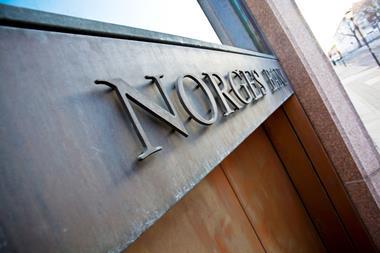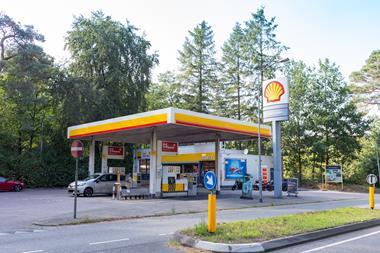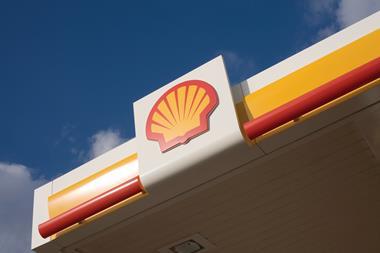The manager of Norway’s sovereign wealth fund has announced it is extending its long-running engagement with oil giants Shell and Eni over major environmental damage in the Niger Delta region, saying risks remain.
Last month, a delegation of Nigerian environmental activists came to Oslo to meet Norges Bank Investment Management (NBIM) with other campaigners to lobby for action against the oil companies over the huge local problems related to oil spills.
They said NBIM’s responsible investment efforts in the 10-year engagement were being hampered by reliance on one-sided information, and urged the manager of the NOK15.8trn (€1.4trn) Government Pension Fund Global (GPFG) to visit the damaged area physically.
After the meeting, NBIM said it was in process of evaluating progress towards its engagement objectives and next steps.
On Monday evening, in an announcement about several new decisions on blacklistings, observation and other measures, the central bank arm said: “The Executive Board has also decided to extend the special exercise of ownership in Shell PLC and Eni SpA by two years.”
It said the GPFG’s Council on Ethics had in March 2013 recommended putting the companies under observation due to unacceptable risk that they contributed to or were responsible for severe environmental damage, based on the companies’ activities in the Niger Delta.
In the 10 years since then, NBIM said, it had met the companies regularly, including through in-person meetings, video conferences and written correspondence.
“The Executive Board has now assessed the case and progress towards the ownership objectives,” it said.
“Overall, the Executive Board finds that there is still a forward-looking risk of norm violation.
“At the same time, the exercise of ownership has been constructive and the board notes that the companies have publicly expressed an ambition to divest the relevant assets in the Niger Delta,” the SWF manager said.
At the end of last year, the fund had $6.16bn (€5.63bn) invested in Shell shares, and $790m in those of Eni – holdings which constituted 3.14% and 1.56% of the companies, respectively.
Read the digital edition of IPE’s latest magazine






















